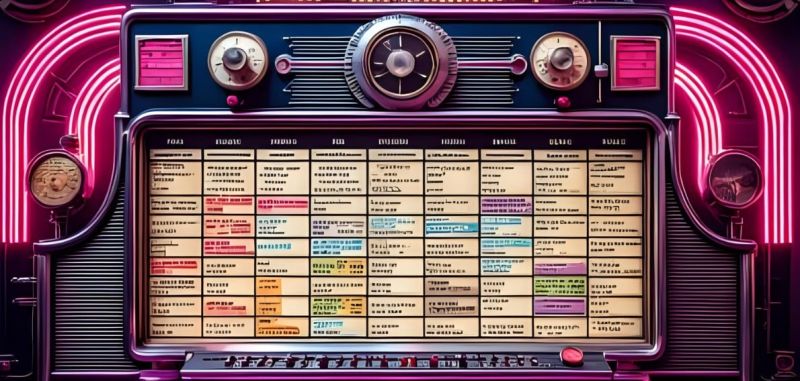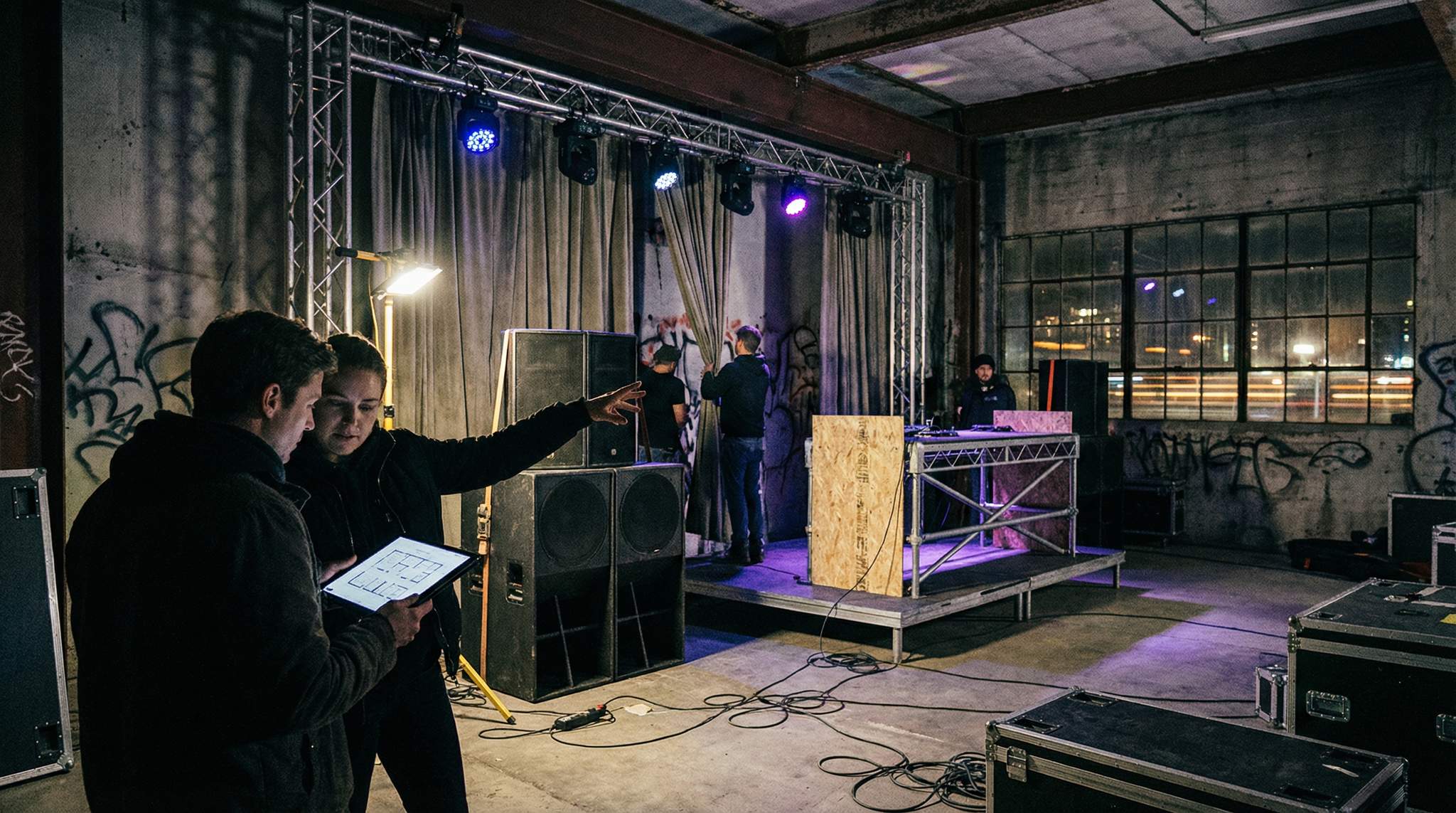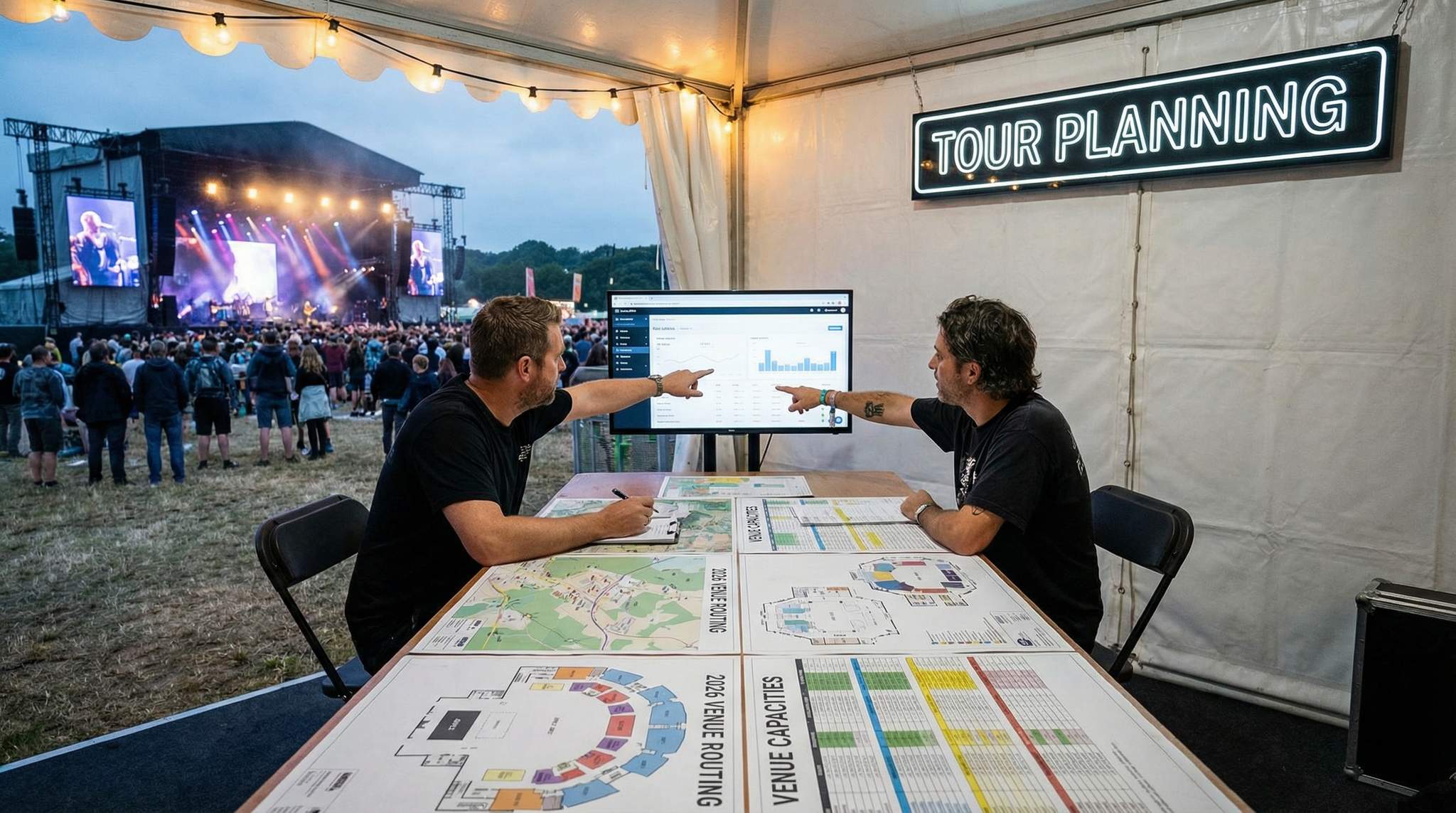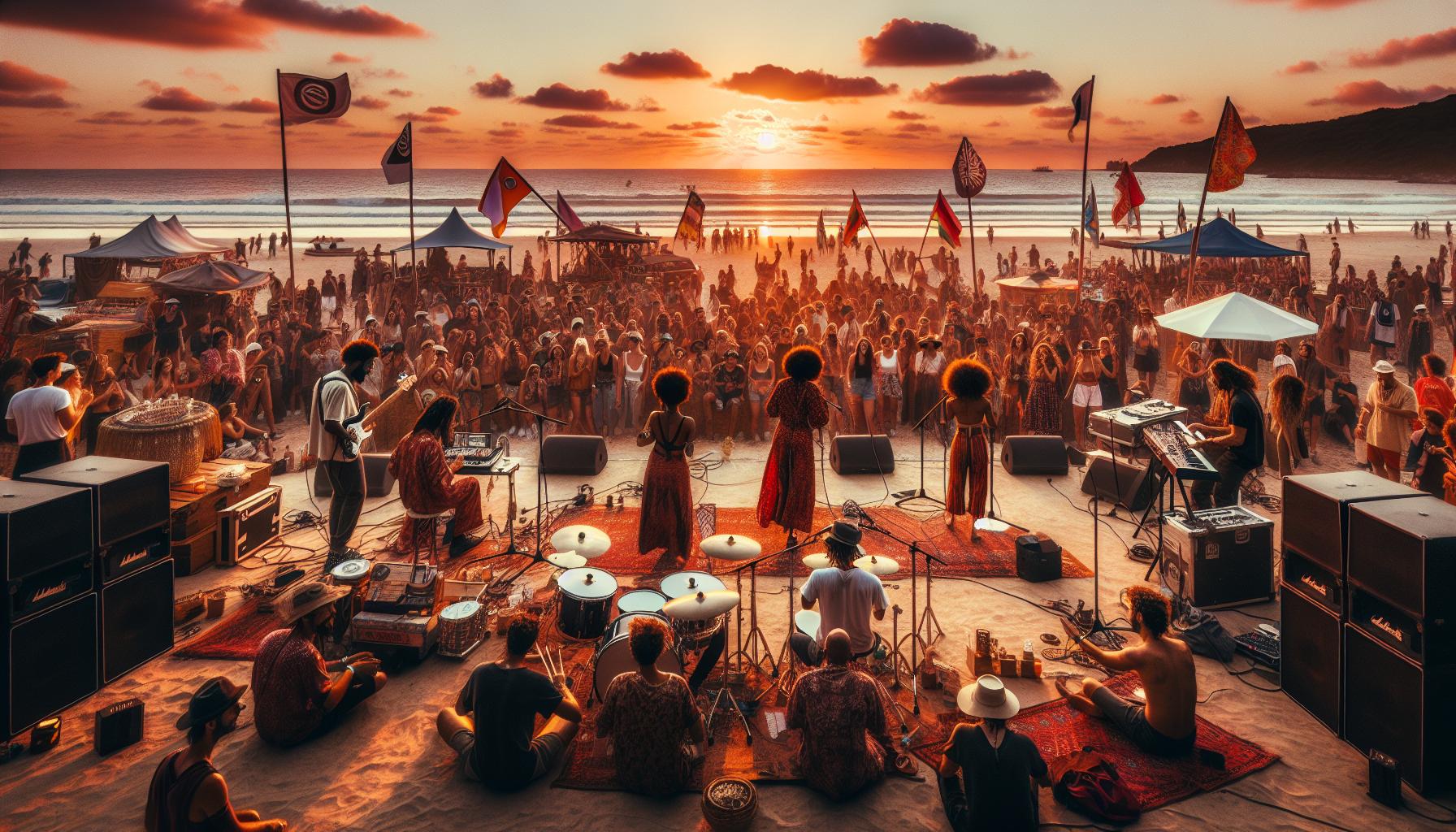The pulse of any thriving music community often lies in its calendar. How many events are happening, how often, and who’s showing up. For event organizers and promoters, there’s a delicate dance between momentum and overload. Book too few shows, and your scene feels dormant. Schedule too many, and you risk burnout for yourself, your artists, and your audience. This balance is just as important across the broader arts and cultural scene, where festivals, competitions, and mentorship programs also play a key role in celebrating creative expression.
Finding the sweet spot between frequency and quality is critical not just for survival, but for the long-term sustainability of your music community. Good music and memorable performance experiences are central to thriving communities, creating authentic connections and positive vibes. Concert environments, with their unique acoustic qualities and high sound frequencies, offer artists opportunities to showcase their talents and engage audiences. Established communities set standards for balancing frequency and quality, ensuring both artists and audiences benefit from a vibrant, sustainable scene. Here’s how to keep the engine running without burning it out.
1. Understand Your Scene’s Capacity
Every music community has a rhythm. A small town may thrive on one solid event a month, while a larger urban center might support multiple shows per week. But even in larger scenes, more isn’t always better.
Ask yourself:
Keep Tickets in Fans' Hands
Our secure resale marketplace lets attendees exchange tickets at face value, eliminating scalping while keeping you in control of the secondary market.
- How many active, engaged audience members are there?
- How many acts are truly stage-ready and drawing crowds?
- Are venues being filled—or are shows starting to cannibalize each other?
Use attendance data, social media engagement, and artist feedback to find the real demand. Gather information from these various sources to inform your event planning. If multiple promoters are fighting for the same Friday night crowd, collaboration might be more effective than competition.
2. Prioritize Quality Over Quantity
A packed event calendar can create the illusion of a vibrant scene. But if the shows are poorly promoted, under-attended, or artistically inconsistent, the buzz fades quickly. Audiences become desensitized, and artists feel like they’re performing into the void.
Ready to Sell Tickets?
Create professional event pages with built-in payment processing, marketing tools, and real-time analytics.
Instead of chasing numbers, focus on intentional programming:
- Curate lineups that make sense stylistically, with artists selected based on fit and quality.
- Ensure sound, lighting, and venue vibes are dialed in.
- Think about each show’s purpose. What does it offer that the last one didn’t?
High-quality shows generate word-of-mouth, build loyalty, and reduce the need for constant output.
3. Create Breathing Room
Back-to-back events might seem like a good way to maintain momentum, but they can exhaust everyone involved. Scheduling downtime, especially during traditionally slow months or after major festivals, gives everyone time to reset.
This isn’t lost time; it’s an opportunity for:
Turn Fans Into Your Marketing Team
Ticket Fairy's built-in referral rewards system incentivizes attendees to share your event, delivering 15-25% sales boosts and 30x ROI vs paid ads.
- Strategic planning
- Community check-ins
- Promoting upcoming events more thoroughly
Spacing out your events builds anticipation. In many cases, less frequent but highly anticipated events outperform frequent, under-promoted ones.
Grow Your Events
Leverage referral marketing, social sharing incentives, and audience insights to sell more tickets.
4. Take Care of Your Team (and Yourself)
Burnout isn’t just a buzzword. It’s a genuine risk in grassroots music communities where promoters often wear multiple hats. Event planning involves long hours, high stress, and financial risk. Over time, this takes a toll.
Preventative practices include:
- Delegating responsibilities and building a support team
- Setting realistic goals and budgets, and managing money effectively to reduce stress
- Taking breaks between event cycles
- Building partnerships to share the workload
Remember: your energy sets the tone for your scene. A burnt-out organizer can’t foster excitement or inspire trust.
5. Foster Collaboration, Not Competition
One of the fastest ways to overload a scene is with uncoordinated programming. When promoters, venues, and collectives compete for the same nights and audiences, it leads to fractured attention and declining attendance.
Instead, build a promoter’s alliance or shared calendar for your region. Coordinate dates, cross-promote events, and support each other’s shows. A rising tide lifts all boats, and collaboration ensures everyone can take breaks without the fear of losing relevance. Working together, you can make a real difference in your community by amplifying the positive impact of your collective efforts.
Also Read: 5 Essential Elements for a Successful Live Event Brand Partnership Strategy
6. Build a Long-Term Vision
It’s tempting to focus on the next big show, but real music scenes are built with long-term thinking. What kind of community are you cultivating? What role does your event series play in the local cultural fabric?
Consider how each event fits into a larger ecosystem:
- Are you developing new artists and audiences by providing access to a studio for growth and collaboration?
- Are you helping your city gain recognition or create new traditions?
- Are you creating sustainable income for artists and organizers?
When your goals go beyond the next ticket sale, the pressure to overproduce lessens, and the community becomes stronger for it.
Also Read: Anti Scalping for Event Success: 7 Practices To Boost Your Success
Great music scenes aren’t built overnight, and they’re certainly not built by running full speed until everyone collapses. For event organizers and promoters, sustainability is the key to growth. By balancing event frequency with thoughtful curation, community collaboration, and self-care, you not only avoid burnout, you become the backbone of a scene that thrives for years to come.
Your events matter. Apply what you’ve learned today and stay true to your community values. Just make sure you leave room to breathe between the beats.
Find more articles about Event Planning on the Ticket Fairy Blog.
You May Also Like:
The Evolution of EDM Festivals: How Audience Expectations Are Changing Over Time
Onground Music Event Management Guide: Ensuring Your Event Runs Smoothly
The Ultimate Guide to Choosing a Ticketing Platform for Your Music Business Conference in 2025
Frequently Asked Questions
How can event organizers determine the right frequency for music events?
Determine your scene’s capacity by analyzing attendance data, social media engagement, and artist feedback to gauge real demand. Assess the number of active audience members and stage-ready acts to ensure venues are filling up without cannibalizing other shows. A small town may support one monthly event, while larger cities can handle more.
Why is prioritizing quality over quantity important for music communities?
Prioritizing quality prevents audience desensitization and ensures artists do not perform to empty rooms. High-quality shows with curated lineups and professional production generate word-of-mouth and build loyalty. This intentional programming reduces the need for constant output while maintaining a vibrant buzz and sustainable community connections.
How can music promoters prevent burnout while planning events?
Promoters can prevent burnout by delegating responsibilities, building support teams, and setting realistic financial goals to manage stress. Taking breaks between event cycles allows for necessary rest and strategic planning. Additionally, building partnerships to share the workload ensures organizers maintain the energy needed to foster excitement and trust.
What are the benefits of scheduling downtime between music events?
Scheduling downtime creates breathing room that builds audience anticipation and prevents exhaustion for everyone involved. This gap allows time for strategic planning, community check-ins, and thorough promotion of upcoming dates. Often, less frequent but highly anticipated events outperform frequent, under-promoted ones by maintaining higher engagement levels.
How does collaboration between promoters improve a local music scene?
Collaboration prevents scene overload and fractured audiences caused by uncoordinated programming. By forming promoter alliances or using shared calendars, organizers can coordinate dates and cross-promote events rather than competing. This cooperative approach ensures everyone can take breaks without losing relevance and amplifies the positive impact of the community.
Why is long-term vision essential for sustainable event planning?
Developing a long-term vision shifts focus from immediate ticket sales to cultivating a lasting cultural ecosystem. This approach involves developing new artists, creating local traditions, and ensuring sustainable income for organizers. When goals extend beyond the next show, the pressure to overproduce decreases, strengthening the community for years to come.





